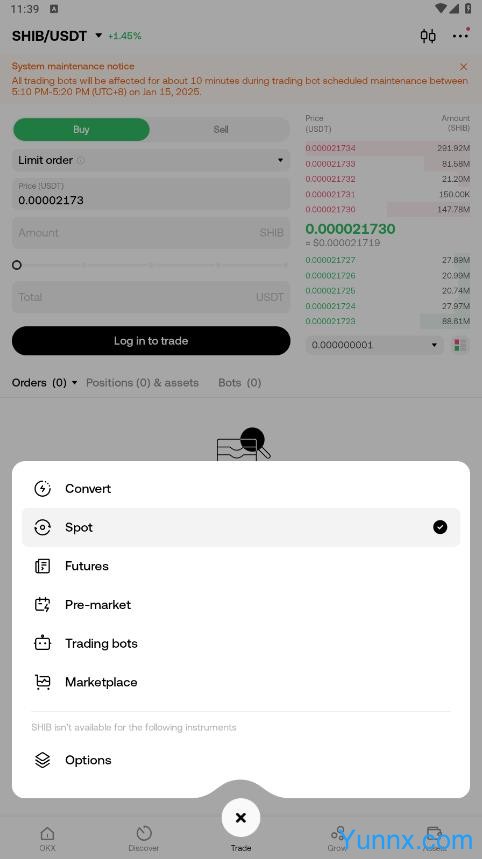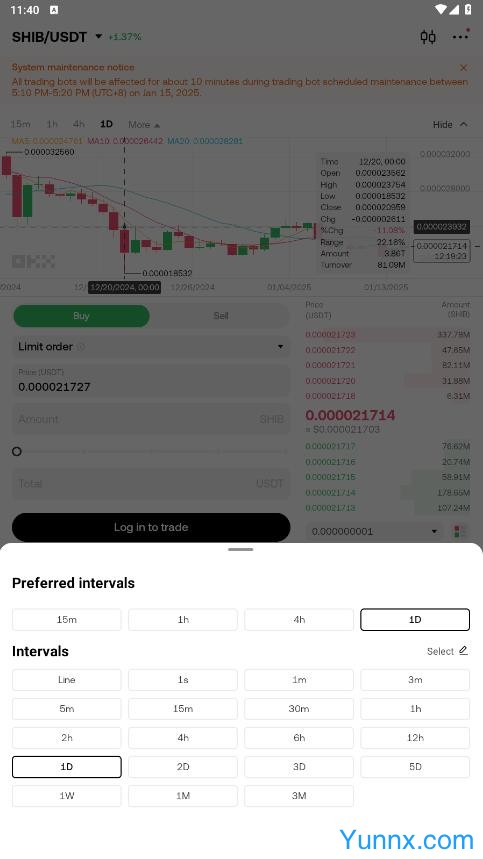SHIB Wallet is a digital tool specifically designed for managing and storing Shiba Inu tokens, providing users with a secure and convenient way to hold, send, and receive this Ethereum blockchain based cryptocurrency. According to different needs and technological preferences, users can choose from various types of SHIB wallets, including software wallets, hardware wallets, and online wallets provided by exchanges.

Software Wallet
Software wallets refer to applications installed on computers or mobile devices that allow users to directly interact with the blockchain and manage SHIB tokens. These types of wallets are usually divided into hot wallets (online wallets) and cold wallets (offline wallets). Hot money packets are popular because they are easy to access, but their characteristics of connecting to the Internet also make their security relatively low; On the contrary, although cold wallets are not convenient for frequent transactions, they provide higher security because the private key is never exposed to the network environment.
For users who wish to use software wallets to manage SHIB assets, there are several popular options:
MetaMask: This is a highly acclaimed browser extension wallet that supports a wide range of ERC-20 tokens, including SHIB.
Trust Wallet: The wallet application developed by Binance also supports a large number of ERC-20 tokens and has a built-in DEX trading platform.
Binance Wallet: Provided a simple and easy-to-use interface suitable for users who are already actively trading on the Binance platform.
Hardware wallet
In order to further enhance the security of funds, some users may choose to purchase physical devices specifically designed to protect private keys - namely hardware wallets. These devices typically generate and store private keys when disconnected from the network, and only briefly connect to a computer or other terminal when a transaction is needed. This method greatly reduces the risk of hacker attacks and is particularly suitable for individuals who hold large amounts of SHIB or other high-value assets for a long time.
There are currently multiple brands in the market that offer high-quality hardware wallet products, such as the Ledger Nano S/X or Trezor series. When it comes to SHIB, it is crucial to ensure that the selected hardware wallet is compatible with Ethereum and its ERC-20 standard.
Exchange Wallet
Many large cryptocurrency exchanges also offer their own internal wallet services, allowing users to buy and sell SHIBs directly on their platforms. However, it is worth noting that storing assets on third-party platforms means that you do not have complete control over your private keys, which may bring additional risks. Therefore, before deciding whether to use an exchange wallet, it is important to weigh the pros and cons between convenience and security.
Create and use SHIB wallet
Once you have decided on the type of wallet to use, the next step is to create a new account or import an existing wallet. For first-time users, most wallets will guide through this process, typically involving steps such as setting passwords and backing up seed phrases. Remember, it is very important to keep your mnemonic words safe as they can be used to recover lost or damaged wallets.
After completing the setup, you will receive an Ethereum address that can be used to receive SHIB tokens. When sending SHIB, you need to enter the correct address provided by the other party and confirm that the transfer details are correct before submitting 6.

































